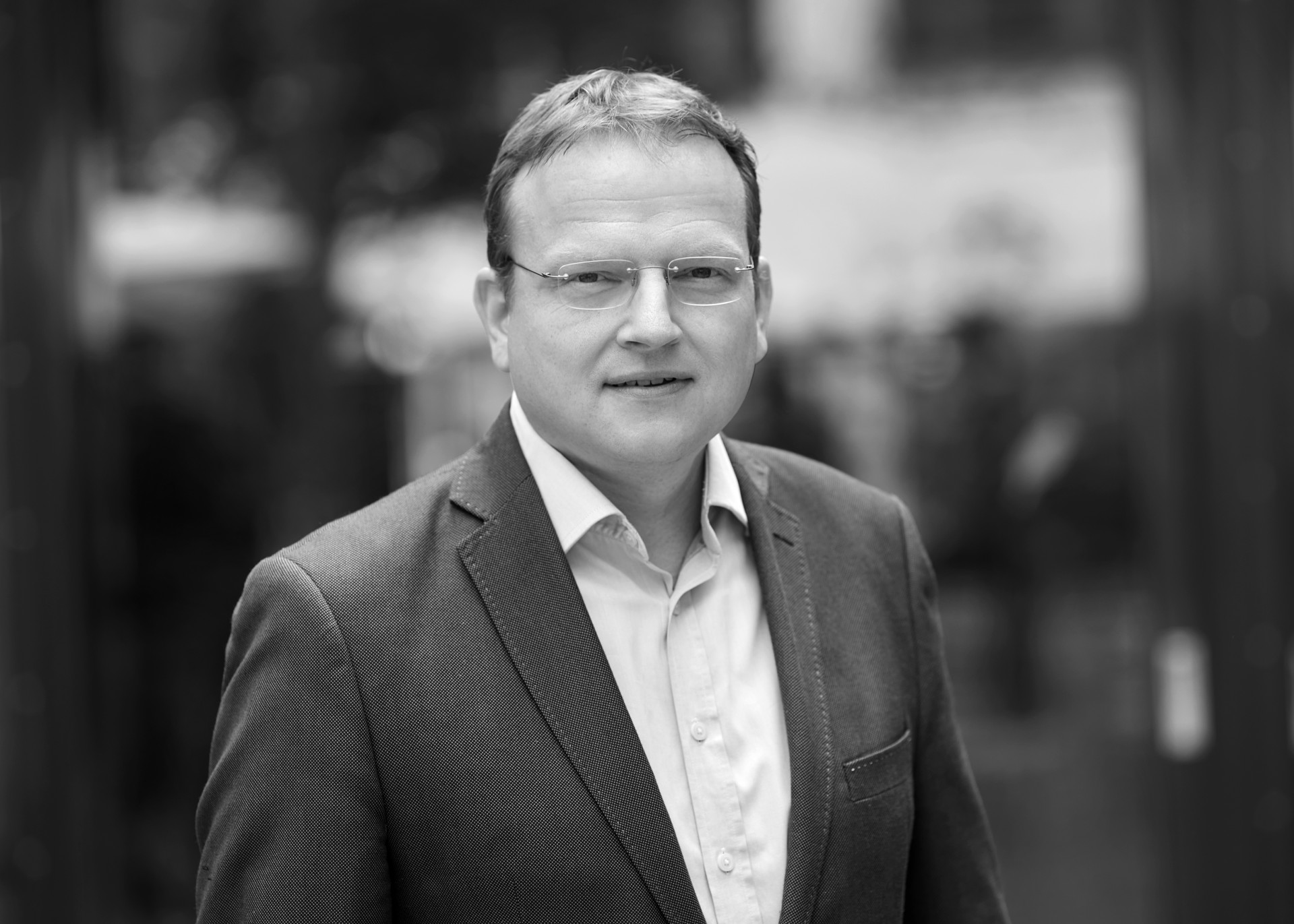
ENERGY
“Germany is a bit of an outlier”
Hubert Kleinert, co-founder of the Green party and professor of politics in Gießen, explains why his party has much more of a problem with nuclear power than the Greens in other countries.
Interview: Carsten Jäger
Illustrations: Andrea Ucini

ENERGIE
“Germany is a bit of an outlier”
Hubert Kleinert, co-founder of the Green party and professor of politics in Gießen, explains why his party has much more of a problem with nuclear power than the Greens in other countries.
Interview: Carsten Jäger
Illustrations: Andrea Ucini
Why are the Greens in Scandinavia in favour of nuclear energy to protect the climate but the Greens in Germany are not?
The Greens in Germany were the first ones in Europe to be successful. And they basically invented themselves at the construction sites of nuclear power plants. Their sometimes violent run-ins with the police demonstrated the limits of these forms of activism, which was one of the reasons for introducing green lists at the local elections in Lower Saxony in 1977. Add to that the controversy around the Wendland repository and you have a strong political heritage that makes itself felt even today. The Greens in Lower Saxony are, if you will, particularly conservative. We don't have something like this in other countries. Nuclear power became the number one focus for the entire environmental movement in Germany.
Were the protests motivated by an aversion to technology or by anti-capitalist sentiments?
Those two are inextricably linked. In their early days, the Greens were a highly contradictory combination of environmentalists and critics of the system. At the construction site of the nuclear power plant in Wyhl, where everything started in 1975, there was a coalition of conservative farmers and Freiburg university students belonging to the radical left. The problem wasn't technology, it was its capitalist application. To many, the destruction of the environment and nuclear technology were emblematic of a new systemic crisis. Throughout the party's founding history there was no clear distinction between the environmental movement and a new form of leftist anti-capitalism. It was the combination of the two that made the early successes of the Greens possible.
What do you make of Germany's “energy transition”?
Phasing out coal and nuclear energy simultaneously was predicated on enough natural gas being available at affordable prices. That is history now. The Ukraine war changed things quite radically. For the medium term, we will be needing spare capacity for days when the wind doesn't blow and the sun doesn't shine. Many countries are relying increasingly on nuclear energy again – even Japan. Germany is a bit of an outlier with its “energy transition”.
Do we Germans have a problem with reality, and are the Greens particularly German in that sense?
Life lies can be found everywhere. The Greens don't have an exclusive on that problem. However, political discourse has become morally charged to such a degree that it sometimes leads people to delude themselves. Maybe the Greens are particularly prone to that, in migration or energy policy for instance. The most striking example must be foreign and security policy, however, because that is where the Greens have changed course rather quickly in light of the Ukraine war. They are in support of the “Zeitenwende” (turning point in history) and in favour of supplying Ukraine with weapons. And regarding China, the foreign minister adopted a much clearer stance than the chancellor.
In your opinion, do the Greens have it in them to change course on nuclear power?
I have my doubts. There are deep-seated convictions on nuclear power, at least among the older Greens. I would never rule anything out, though. None of us knows what the situation will be like next spring as far as prices and supply security are concerned. And then there is the climate debate on top of that. Since their first term as part of a government coalition in 1998, the Greens have, time and again, been conflicted between ideology and realism. When it was time to vote on something, though, the party has been remarkably pragmatic in most cases. Nuclear power must certainly be the most difficult topic in that regard, but I don't see this coalition breaking up over it.

Carsten Jäger is head of the “Programme and Analysis” department at the FDP national party headquarters in Berlin.

Carsten Jäger is head of the “Programme and Analysis” department at the FDP national party headquarters in Berlin.
Also interesting:

Sven Hilgers // „G7, übernehmen Sie!“
Krisen ohne Ende? Der US-Dollar ist stärker als je zuvor. Für die Weltwirtschaft ist das ein Problem.

Julia Thiem // Deutsche Rente goes Kapitalmarkt
Sie kommt, die Aktienrente. Endlich, sagen die einen. Nicht weit genug gedacht, die anderen. Grundsätzlich aber ist jede Reform des deutschen Rentensystems ein positiver Schritt – vor allem, wenn sie die Chancen des Kapitalmarkts nutzt.
